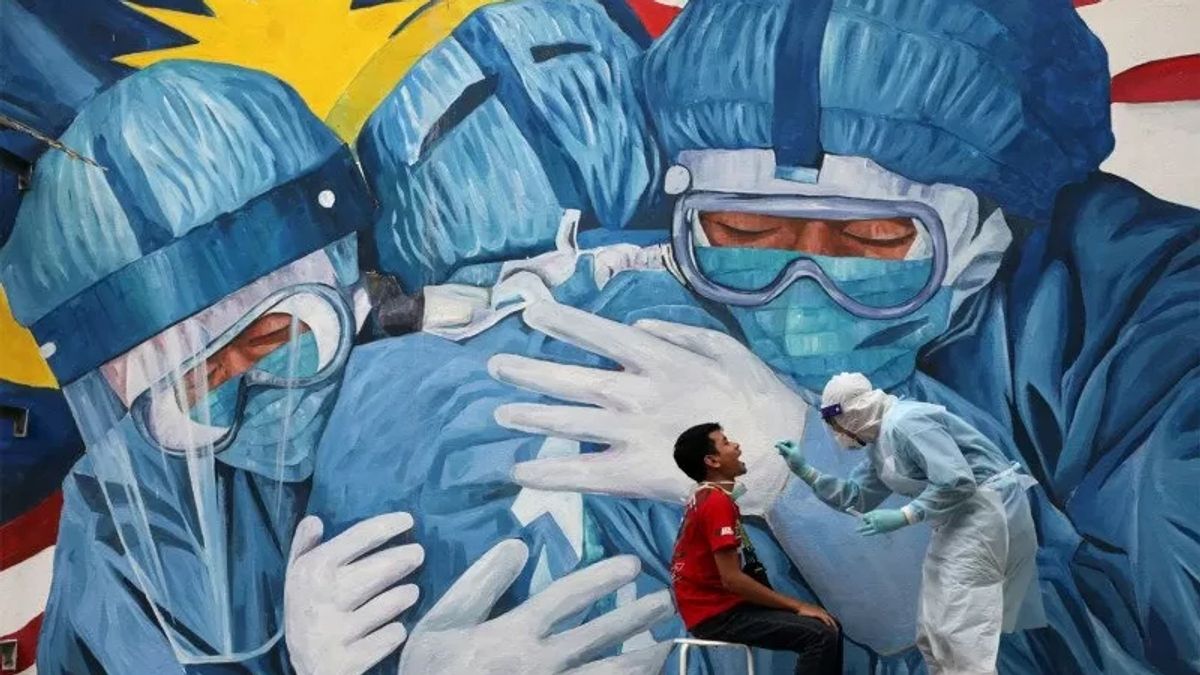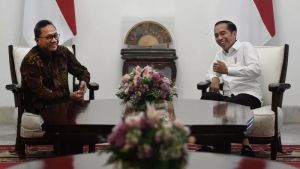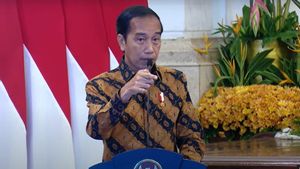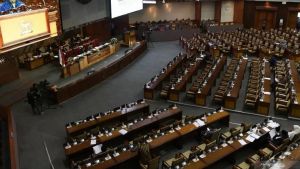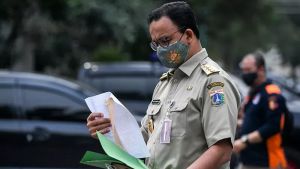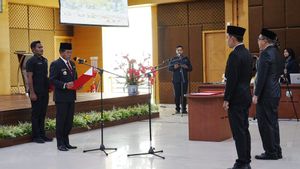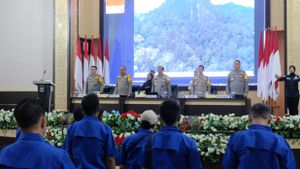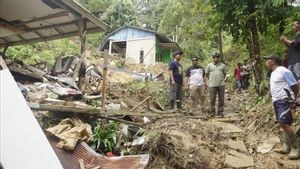JAKARTA - The increase in COVID-19 cases in Indonesia is still not known specifically. For this reason, the spokesperson for the COVID-19 Task Force, Prof. Wiku Adisasmito, also encouraged the relevant authorities to carry out proper and systematic epidemiological molecular surveillance.
Wiku said the increase in cases was also caused by the situation. The COVID-19 Task Force has identified some of them due to increased population mobility, neglect of health protocols, and the Omicron BA.4 and BA.5 subvariants that have entered Indonesia since June 6, 2022.
According to Wiku, the specific cause of the increase in COVID-19 cases in Indonesia needs to be identified at least in the next two to three weeks so that the situation can be properly controlled.
Wiku added, at the same time, molecular epidemiological surveillance was needed with the correct and systematic method to ascertain the cause of the increase in COVID-19 cases in Indonesia.
"Until now, it can't be concluded that there is an increase in positive cases and active cases in Indonesia, but several potentials have been identified," said Wiku in a virtual press conference 'Development of the National COVID-19 Case Handling' which was followed from the National Board for Disaster Management (BNPB) YouTube broadcast in Jakarta, Tuesday, June 14 afternoon.
As is known, in recent weeks there has been an increase in weekly cases of COVID-19 from 1.800 cases at the end of May 2022 to 3.600 cases last week. Active cases also increased from 2.900 cases as of the end of May 2022 to 4.900 cases as of June 13, 2022.
However, the number of positive confirmed cases of COVID-19 in Indonesia, amounting to 574 cases as of June 11, 2022, can be said to be lower than a number of neighboring countries. Malaysia 1.709 cases, Thailand 2.474 cases, Singapore 3.128 cases, India 8.582 cases, Australia 16.393 cases.
"Regardless of what causes the current increase in cases, what is important is mutual cooperation to again suppress the rate of positive cases by all levels of society and the government from the national to regional levels," he said.
VOIR éGALEMENT:
The cheapest and easiest way, said Wiku, is to re-implement health protocol discipline.
"Because basically, high mobility and the return to normal community activities will not lead to an increase in cases if everyone involved is responsible for implementing health protocols properly and correctly. This includes the use of masks for everyone and diligent hand washing," he said.
The principle of vigilance and prudence also needs to be applied in daily activities, because the COVID-19 pandemic is not over yet. "At any time we can still experience an increase in cases if we are not disciplined with health protocols," he concluded.
The English, Chinese, Japanese, Arabic, and French versions are automatically generated by the AI. So there may still be inaccuracies in translating, please always see Indonesian as our main language. (system supported by DigitalSiber.id)
